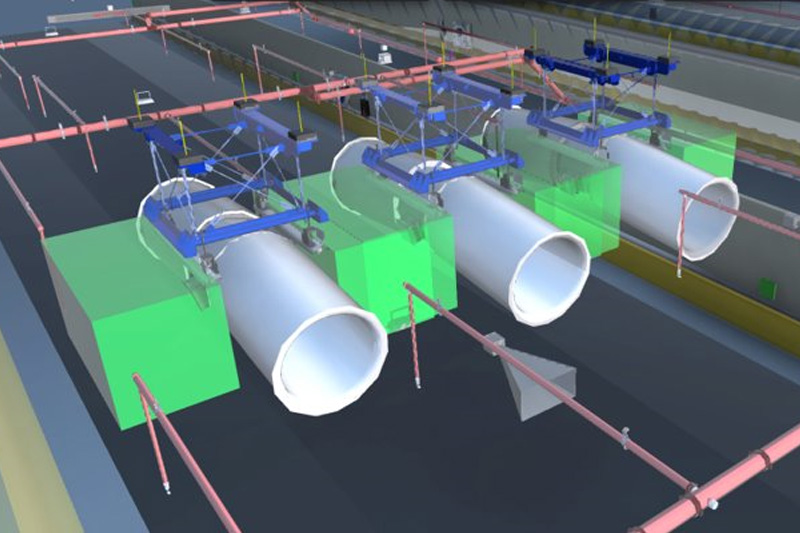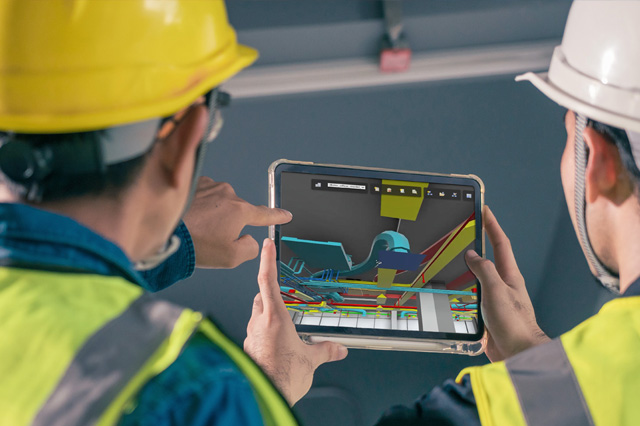Data Visualisation

Create intuitive, interactive windows on asset operations.
Humans are essentially visual creatures – a large proportion of the brain is dedicated to visual processing, and we can respond to what we see incredibly quickly.
Bringing asset data to life through charts, dashboards, maps and even animations or augmented reality is therefore a powerful and efficient way to communicate complex relationships and deliver data-driven insights in a way that is easy to understand. Interactive visualisations allow stakeholders to explore and discover, quickly understand, interpret and gain important insights into otherwise difficult-to-identify data structures, relationships, patterns and trends.
COSOL’s advanced data visualisation techniques seamlessly integrate data from Enterprise Asset Management (EAM) systems, 3D Building Information Models (BIM) and Geographic Information Systems (GIS) to provide a comprehensive and intuitive representation of assets in a dynamic and interactive environment.
Unlock the full potential of asset management processes and gain a multi-dimensional perspective that empowers smarter decision-making, reduces costs and maximises the value of your asset portfolios.
PROMOTE UNDERSTANDING
Enable users to understand complex relationships, spatial configurations and interdependencies more effectively.
IMPROVE DECISION MAKING
By visually analysing data, decision-makers can identify patterns, trends and anomalies, leading to insights that might have remained hidden.
EFFECTIVE COLLABORATION
Shared visualisations foster collaboration by providing a common platform for communication and knowledge sharing.
MITIGATE RISK
Visually identify vulnerabilities in asset infrastructure, informing preventive maintenance planning and proactive risk management.
MANAGE ASSET PERFORMANCE
Visualising performance metrics alongside other data sources enables stakeholders to monitor trends and make data-backed decisions.
INFORM FUTURE PLANNING AND DESIGN
Identify areas for improvement, assess the impact of proposed changes and simulate scenarios to evaluate their feasibility.


